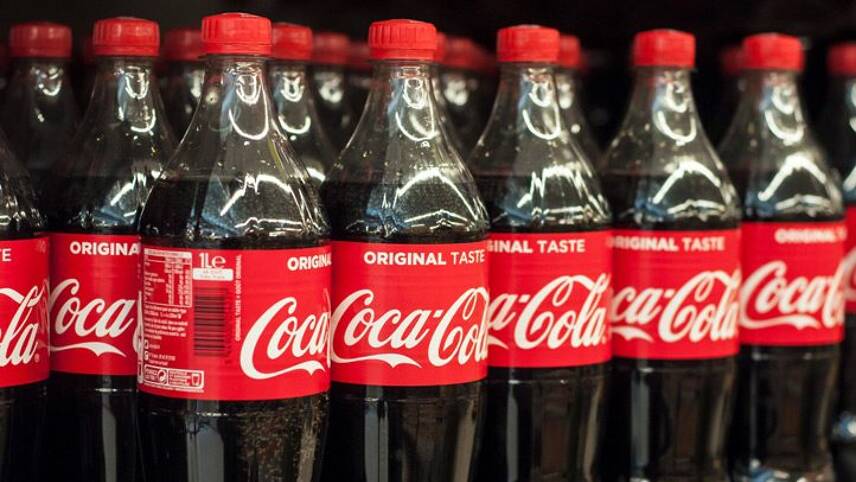Register for free and continue reading
Join our growing army of changemakers and get unlimited access to our premium content

The finance programme will be linked to CCEP’s net-zero target set for 2040
Coca-Cola Europacific Partners (CCEP) has confirmed the creation of a sustainability-linked supply chain finance programme that will be operated by specialist food and agri-bank Rabobank.
The new finance programme will reward suppliers that make improvements on sustainability across the business and will feature sustainability-linked KPIs that, if met, will create discounts against the initial funding rate.
CCEP’s vice president for procurement Ralf Peters said: “We know how crucial it is that we work together with our suppliers to decarbonise our businesses, and are committed to providing the support and solutions they need to help them reduce emissions, aligned with our own sustainability goals.
“Our new supply chain finance programme is another important step that will help us to take collective action – by implementing positive and impactful change and driving continuous sustainability improvements.”
Net-zero links
The finance programme will be linked to CCEP’s net-zero target set for 2040.
CCEP’s net-zero commitments cover emissions from Scope 1 (direct), Scope 2 (power-related) and Scope 3 (indirect) sources. The company’s main emissions sources aside from operations are ingredients, packaging, transportation and refrigeration.
Given that the majority of the firm’s Scope 3 emissions are in the supply chain, the company is aiming to help all of its strategic suppliers set science-based targets and transition to 100% renewable electricity by 2023. For ingredient and packaging-related emissions, the company will accelerate plans relating to sustainable agriculture and 100% recycled plastics. Some life-cycle analyses have found that soft drinks bottles made using 100% post-consumer-recycled plastic generate 40% less CO2e than virgin plastic bottles.
CCEP originally earmarked €250m, to be spent over a three-year period back in 2020, to develop its immediate action plan for meeting its new climate goals. Money will be used to support suppliers, improve efficiency and accelerate R&D around packaging materials.
The company is among the cohort of We Mean Business Coalition members who first committed to aligning with the Paris Agreement’s 1.5C trajectory at COP25.
CCEP will also partner with Rabo Foundation, Rabobank’s social impact fund, to support one of its farmer programmes in Indonesia that promotes the adoption of sustainable practices.
Rabobank’s director of value chain finance Zwier Smith said: “We’re confident that by providing an enhanced sustainability-linked supplier finance programme for CCEP we can create a more responsible and sustainable food and beverages industry that everyone benefits from.”
Sustainability-linked finance packages are becoming much more commonplace amongst businesses. The likes of Kingfisher, Kingspan, AB InBev, Thai Union and Tesco, which is now also supporting suppliers to follow suit, have all announced similar loans.
edie recently spoke to Holcim’s chief sustainability officer Magali Anderson and chief financial officer Géraldine Picaud to discuss how the introduction of an €850m sustainability-linked finance package has helped embed decarbonisation more deeply across the business. Click here to read the interview.


Please login or Register to leave a comment.